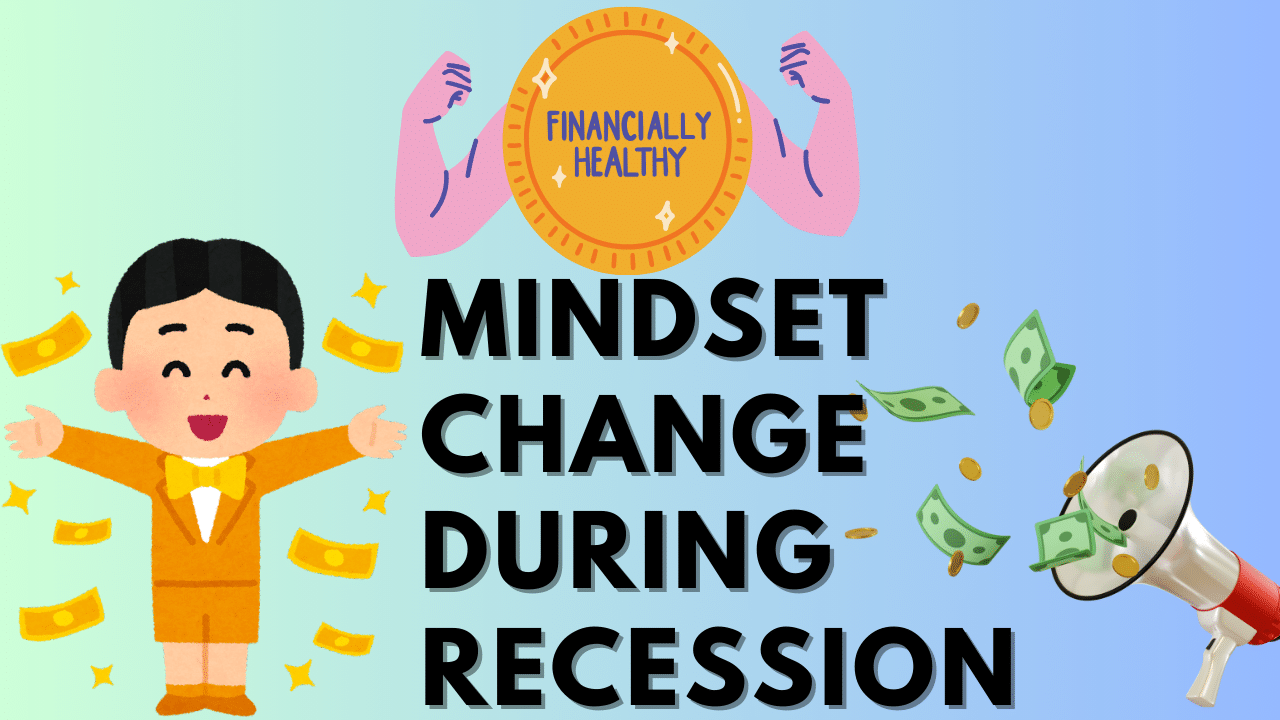How to Face a Recession Without Panic, How to survive a recession”

Even if a recession hits, stay calm.
The average employee worries that a recession will bankrupt their company. Business owners fear that if America faces an economic slump, their ventures will collapse. But here’s a fact: a recession isn’t a once-in-a-lifetime event — it hits the world roughly every 10 to 15 years. Panic is not the answer.
Instead, it’s crucial to take smart precautions so that a downturn doesn’t become a burden on your life.How to survive a recession”
Understanding the Recession
Experts define an economic recession in many ways, but its main consequence is clear: job losses and a freeze in new opportunities.
This is nothing new. America faced a deep recession in 1929. Again, in 2000 and 2008, the global economy felt the shockwaves.
However, history shows that the effects of most recessions last only about a year to a year and a half. Once the storm passes, it’s possible to bounce back quickly.
But survival during that tough year requires financial preparedness.(How to survive a recession”)
How the IT Sector Felt the Heat
During past downturns, the IT sector bore the brunt. How to survive a recession”
In the last two years, IT salaries soared to unexpected highs, and there were record recruitments. Moonlighting also became common. But those who remained financially disciplined had little to fear — even if they lost their job.
If you have savings, there’s no reason to panic. Experts believe that the recession’s impact won’t last beyond 18 months.
If you’re lucky, you’ll find a new job sooner.
Even if it takes longer, treat it as an unexpected holiday rather than a disaster.
Adopting this mindset will help you stay calm and proactive.
Think of It as ‘Using Savings’
You might wonder, “How can I think about holidays when I’ve lost my job?” How to survive a recession”
It’s all about mindset.

If a recession strikes and you lose your income, panicking won’t change anything. Those who anticipate challenges and act strategically will thrive.
Start using the savings you have today, spread out smartly month by month.
There’s an old saying: “If you live, you can eat a lot.”
Use your jewelry or assets if needed. Don’t hesitate to tap into the money set aside for things like children’s education or buying property.
Once the economy revives and you land another job, you can rebuild what was used.
Most importantly, don’t allow fear to dim your potential.
If you fall into despair now, you risk losing your edge — even after the economy stabilizes.
Instead, as Amazon CEO Jeff Bezos once pointed out, be cautious: if you spend recklessly, all your savings could disappear like camphor within a month.
Use your time wisely, use your money wisely — and you’ll stay worry-free even during a recession!
Debt Is a Burden, Not a Solution
When jobs are lost, even close relatives may hesitate to lend money.
That’s why some people, fearing job loss, take a personal loan while they still have a regular salary.
For example, if you earn ₹70,000 a month, you could secure a loan of up to ₹10 lakh.
Your EMI might be around ₹23,000 per month.
Even after loan repayments, you could manage family expenses with your remaining ₹50,000.
With careful spending, this can sustain you for up to 18 months.

Some financial institutions also offer overdraft facilities, where you only pay interest on the money you actually use.
This way, you can survive the recession and comfortably resume EMI payments once you are employed again.
The key is to plan in advance and remain disciplined — because as the months pass, the economy will recover, and so will your opportunities. (How to survive a recession“)
Conclusion

Economic recessions are part of the cycle of life.
While they bring challenges, they also bring opportunities for those who are prepared and positive.
Stay disciplined, use your resources wisely, and don’t let fear cloud your potential.
A recession doesn’t have to ruin your life — it can even make you stronger.
Example: How Planning Helped Ramesh During How to survive a recession”
Take the case of Ramesh, an IT professional from Hyderabad.
In 2020, during the COVID-induced economic slowdown, he sensed early on that layoffs were coming. Instead of waiting for the worst, Ramesh began saving aggressively — he cut down on luxury expenses, canceled his vacation plans, and built an emergency fund that covered 12 months of living costs.

When the layoff notice finally came, he wasn’t panicked.
Ramesh used his savings to manage daily expenses, pay his home loan EMI, and even support his parents.
During his free time, he upskilled by taking online certifications, and within a year, he landed a better job with a 20% higher salary.
His story proves that smart financial planning and a positive mindset can turn a crisis into an opportunity.
✨ About Me
Hi! I’m Manikanta Reddy, a passionate finance enthusiast with a strong understanding of money management, personal finance, and smart investment strategies. I believe financial literacy is the foundation of a secure and stress-free life — and I’m here to share practical insights, real-life examples, and simplified advice to help you make better financial decisions.
Whether it’s choosing between paying off a loan or investing, building emergency funds, or planning for retirement — I love breaking down complex topics into easy, actionable tips that anyone can follow.
Let’s learn, grow, and build wealth — the smart way. 💰





